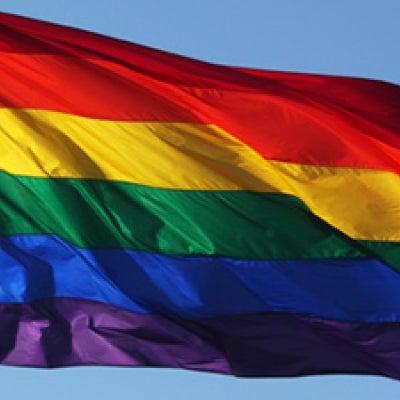Refine results
-
14 December 2012Book page
3. Managing mental illness in the workplace
Some workers will choose to disclose their mental illness if they require workplace support. Others may choose not to disclose their illness if they feel they do not require any workplace support or fear an adverse reaction. -
14 December 2012Book page
Native Title Report 2004 : Chapter 1 : The Consultations
During the 2004 reporting period I have embarked on a series of consultations focusing on the ideas and principles that were contained in a Discussion Paper, released by my predecessor as Social Justice Commissioner in June 2003. The Discussion Paper was entitled Promoting Economic and Social Development through Native Title (at Annexure 1). This chapter seeks to record and develop the ideas and… -
14 December 2012Book page
Bringing them Home - Chapter 6
The forcible removal of Indigenous children from their families occurred during two periods in Tasmania. The first commenced with the European occupation of Van Dieman's Land (as Tasmania was called until 1856) in 1803 and lasted until the middle of the nineteenth century. The second commenced in the 1930s with the forcible removal of Indigenous children from Cape Barren Island under general… -
Rights and Freedoms14 December 2012Webpage
Human Rights: Discrimination in Employment on Basis of Criminal Record
Australians who have a criminal record often face significant barriers to full participation in the Australian community. Trying to find a job is one of the areas of greatest difficulty for former offenders. This discussion paper explores one potential barrier to employment: discrimination in the workplace on the basis of criminal record. -
14 December 2012Book page
Social Justice Report 2006: Chapter 3: Addressing the fundamental flaw of the new arrangements for Indigenous affairs – the absence of principled engagement with Indigenous peoples
This is the third successive Social Justice Report to report on the implementation of the new arrangements for Indigenous affairs at the federal government level. The past two Social Justice Reports have emphasised the importance of governments ensuring the effective participation of Indigenous peoples in decision making that affects our lives. This includes the development of policy, program… -
LGBTIQ+14 December 2012Project

Lesbian, Gay, Bisexual, Trans and Intersex Equality
Do you think you have been discriminated against in employment for reasons relating to your sexuality? See our Complaints page for information on how to make a complaint to the Australian Human Rights Commission. -
Disability Rights11 April 2025Webpage
Guidelines on equal access to digital goods and services
Contents About this document Executive Summary About the Guidelines The need for Guidelines Who should read these guidelines? Chapter 1: Legal and human rights obligations Chapter 2: How to provide equal access to digital goods and services Chapter 3: Standards and Guidelines on digital accessibility Further reading About this document This is an update of the Australian Human Rights… -
Disability Rights29 June 2015Publication
Guideline for compliance of bus stops with Accessible Public Transport
The Guideline has been prepared by the Commission to assist bus infrastructure providers to comply with the DSAPT. The Guideline does not replace the provisions of the DSAPT and does not seek to alter or expand upon the content of the DSAPT. -
14 December 2012Book page
HREOC Report No. 27
Pursuant to section 11(1)(f)(ii) of the Human Rights and Equal Opportunity Commission Act 1986 (Cth), I attach a report of my inquiry into a complaint made by Ms KJ on behalf of herself and her son MJ. I have found there to have been an act done on behalf of the Commonwealth which was inconsistent with and contrary to the human rights of MJ.
